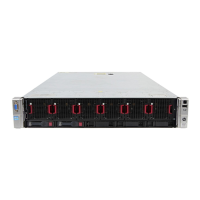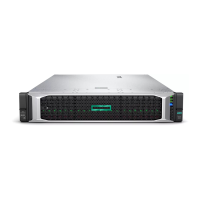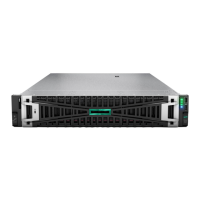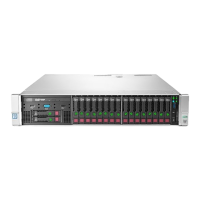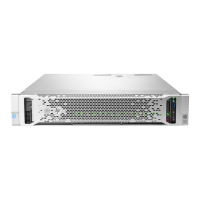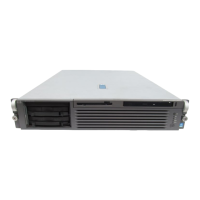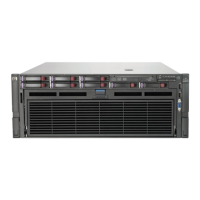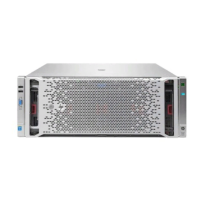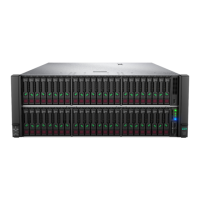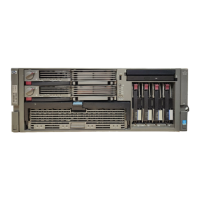The ProLiant DL560 server ships standard with the following iLO Standard capabilities:
• Virtual Text Remote Console
• Virtual Power Button Control
• Dedicated LAN Connectivity
• Automatic IP Configuration via DHCP/DNS/WINS
• Industry standard 128-bit Secure Sockets Layer (SSL) security
• IML and iLO event logging
• Support for 12 user accounts with customizable access privileges
For customers who want full front-of-the-server, remote control of their servers, HP offers the optional
ProLiant Essentials
Integrated Lights-Out Advanced Pack, software that can be activated via a purchased
license key. This Advanced Pack
provides sophisticated virtual administration features for full control of
servers in data centers and remote locations
. Using the iLO Advanced features, an administrator can
install, configure, monitor, update, and troubleshoot remote ProLiant servers from anywhere at any time via
a standard Web browser.
On the ProLiant DL560 server, the Integrated Lights-Out Advanced Pack
supports these additional iLO capabilities: Graphical Remote Console and Virtual Floppy.
Each iLO device can be configured individually in one of three ways: through the ROM-Based Setup
Utility (RBSU), through the web browser interface, or through a scripted setup. For information about
how to configure iLO for optimal use, read the white paper “Best Practices for Integrated Lights-Out,”
document number TC030606BP, available on the HP website.
As mentioned in the “I/O subsystem” section of this paper, the ProLiant DL560 server also supports
the HP RILOE II board. This board provides similar functionality as the iLO device with even higher
performance. However, installing the RILOE II board requires use of one of the three PCI-X slots in the
server. More information about the RILOE II board is available at
http://h18004.www1.hp.com/products/servers/management/riloe2/index.html
.
ActiveUpdate
ActiveUpdate 2.0 is a web-based client application that keeps IT administrators directly connected to
HP for proactive notification and delivery of the latest ProLiant software updates. ActiveUpdate now
delivers Product Change Notifications, Customer Advisories, and management application updates.
Troubleshooting technologies
Survey Utility
The HP Survey Utility is a powerful troubleshooting tool for IT administrators and service providers. It is
an agent that runs on ProLiant servers, gathering critical hardware and OS information. The Survey
Utility captures data as sessions and maintains up to 10 distinct sessions at a time. For Windows and
NetWare systems, session information is stored in an output file called SURVEY.IDI in a binary format
that can be used for generating custom reports. A SURVEY.TXT file contains system information in a
text file format. For Linux systems, information for each session is output to an individual text file.
Typical uses of the Survey Utility include:
• Capturing the hardware and operating system configuration of a server
• Recording critical information for documentation and disaster recovery
• Comparing historical configurations on the same server or another (baseline) server
• Sending configuration information to another location for in-depth analysis
• Generating custom reports providing configuration audit trail detail
System administrators can analyze Survey Utility output files locally using the Survey Utility, or they
can send the output files to HP Customer Services or a third-party service provider for further analysis.
16
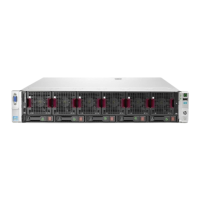
